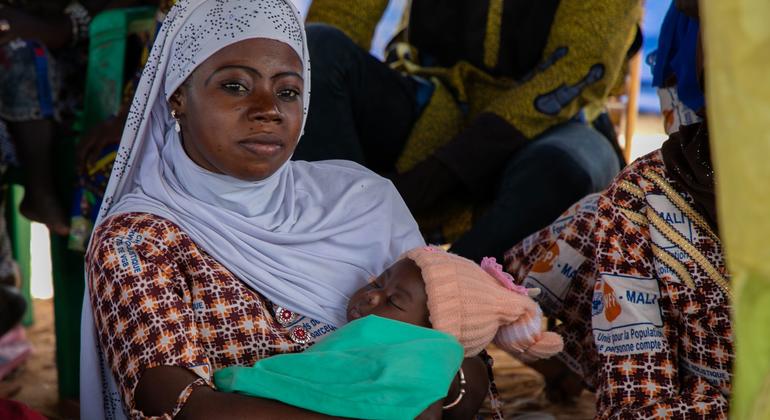Interwoven Lives, Threads of Hope: Ending inequalities in sexual and reproductive health and rights, sheds light on the significant disparities that exist in sexual and reproductive health, particularly in countries facing crisis or distress. Racism, sexism, and other forms of discrimination play a major role in hindering progress in this area, especially for women and girls trapped in poverty or conflict settings. Despite advances in sexual and reproductive health becoming a global sustainable development priority three decades ago, progress has slowed down or stalled in key areas.
UNFPA Executive Director Natalia Kanem noted that while unintended pregnancy rates have decreased, maternal death rates have also declined, and laws against domestic violence have been implemented in over 160 countries, the number of women dying in childbirth remains unchanged at 800 per day since 2016. Nearly half of these preventable deaths occur in countries facing humanitarian crises and conflicts, highlighting the urgent need for action in these settings. The report also reveals that women’s bodily autonomy is weakening in 40% of countries, pointing to a concerning trend in the ability of women to make decisions about their own bodies.
The report documents disparities between regions, such as the stark differences in access to contraceptives, safe birth services, and respectful maternity care between the global North and South, West and East. Even within regions, there are pockets of inequality, with women of African descent in the Americas facing higher maternal mortality rates compared to white women, and indigenous and ethnic minorities also experiencing elevated risks related to pregnancy and childbirth. In Albania, for example, Roma women from marginalized socioeconomic groups face significant barriers to accessing healthcare compared to ethnic Albanian women from privileged backgrounds.
Women with disabilities are up to ten times more likely to experience gender-based violence, and individuals of diverse sexual orientation and gender expression encounter significant violence and barriers to care, highlighting the need for tailored solutions to address these unique challenges. The report emphasizes that there are no ‘one-size-fits-all’ solutions to ending inequalities in sexual and reproductive health and rights, and that targeted efforts are needed to address the specific needs of marginalized and vulnerable populations.
Despite the progress made in the past decades, there is still much work to be done to ensure that all individuals have access to quality sexual and reproductive health services, regardless of their background or circumstances. The report calls for renewed efforts to address the root causes of disparities in sexual and reproductive health, including racism, sexism, and discrimination, and to ensure that all individuals can exercise their rights to make informed decisions about their own bodies. By working together to address these challenges, we can create a more equitable and just world where everyone has the opportunity to lead healthy and fulfilling lives.









